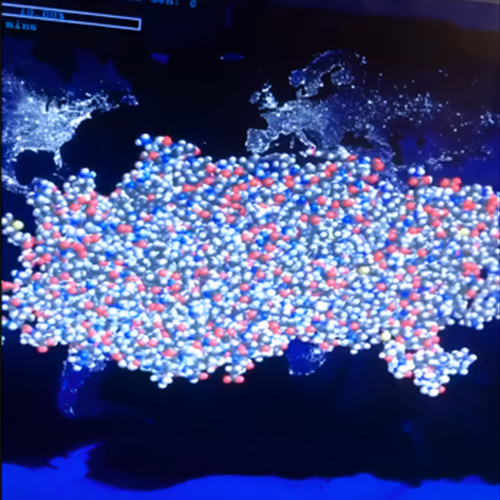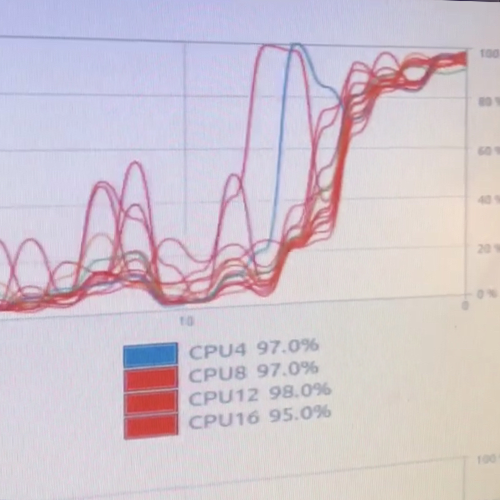Veilock’s Response to COVID-19

COVID-19 was first identified in a small handful of patients in China, early December of 2019, then quickly became a matter of public concern in January 2020. That day in early December would eventually lead to dramatic changes to the core functions of our society as a whole, on many levels. The spread and severity of the virus forced us to reshape and reconstruct the entire educational systems nationally from the ground up, moving from a system as old as the modern western world to a brand new digital system. Much like the educational systems, our work environments became more reliant on technology than ever. In this article, we will be discussing how Veilock (Nubinity, LLC) and the Veilock Team contributed early on to the research and understanding of the viral pandemic, known as COVID-19.

Folding At Home (F@H) is a distributed computing project that primarily works to help scientists and researchers develop new technology for a variety of diseases through complex protein simulations. Unlike similar large-scale computing projects, Folding At Home is strictly comprised of technical resources donated by the everyday person. Together, with the power of millions of donated devices, the project can break the complex workloads down and send smaller sets of work to each computer in the supercomputer cluster. Once your device has finished processing the data provided, it feeds the results back to the project for analysis. We knew after watching the Linus Tech Tips video, Folding At Home was without a doubt the best solution for us to effectively contribute to the COVID-19 battle. On March 23rd, 2021, the Veilocks Team acted in the most practical way we could, contributing to the early research about the physical structure of the COVID-19 virus by donating three of our physical dedicated servers’ resources to the project. We allowed the project to run on our systems uninterrupted for several months until other needs for the technical resources arose. The three systems are a collective 17.4GHz (32 true cores) and 120GB DDR3 memory.
While crunching numbers on F@H’s behalf, resource usage on our end was extremely high. The program is designed in a way where work is issued in a queue system, allowing your system (and others) the occasional break to ensure that hardware is not damaged or degraded by their complex computing. Our systems were not at a constant 100% utilization but would often reach it when having just been issued an “assignment” by the worker servers.

Over 700 days later, well into the start of 2022, COVID-19 still has a dramatic impact on societal functionality and our day-to-day lives. Together with the help of widespread health awareness, government mandates, and the collective help of millions of individuals simply leaving their PCs powered on, the fight continues on strong. We as an organization look forward to donating technical resources to projects alike, one, in particular, has our interest at the moment, the SETI project (Search For Extra-Terrestrial Life). Much like Folding At Home, SETI is a community-driven project comprised of donated machines collectively solving complex mathematic problems, and sorting through large sets of data.
